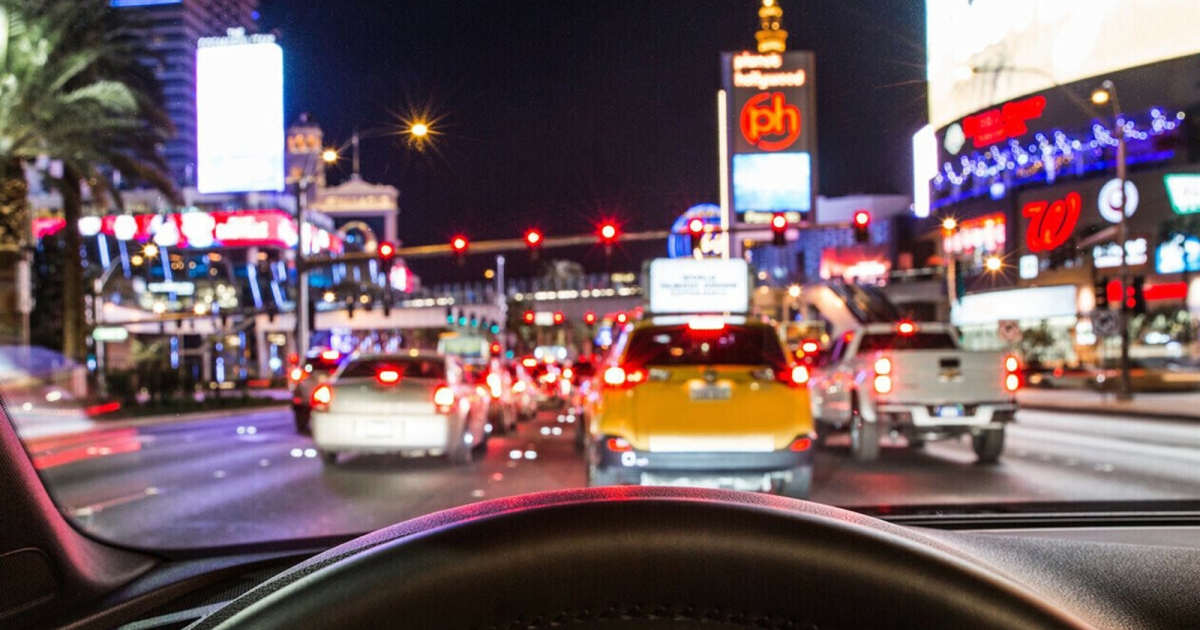
We are looking for the perfect balance between reducing consumption and protecting the starter and battery.
With fuel prices remaining high, the economy has become a concern for the majority of drivers. Even those who like to speed from one traffic light to the next now have other ideas. There are several ways to save fuel while driving, such as smoothly accelerating and decelerating. But what about short stops at a red light or in traffic? Should I turn off the engine if my car does not have a start/stop system?
How start/stop works
In modern cars, start/stop is standard equipment. This is the system that turns off the engine every time the car stops at a traffic light or in traffic conditions.
As soon as the driver takes his foot off the brake (or presses the clutch in manual transmission cars), the engine starts up again. There is of course a button on the center console or on the dashboard (with the letter “A” in a circle with an arrow and the signal off) to deactivate the system at the driver's choice.
Gains in fuel economy
Depending on driving style and how often it is activated (e.g. in the city), on/off can save up to 10% fuel. Manufacturers put it in cars for another reason: since it reduces emissions, it helps them meet targets set by authorities such as the European Union.
In start/stop systems, the electric actuator has evolved to become more robust and reliable, because during its life cycle it will be called into action hundreds of thousands of times.
CAUTION: The on/off system is designed not to be active when requirements are high: e.g. At very low or very high temperatures, when heating or air conditioning must be operated continuously.
What should I do if my car is not equipped with a start/stop system?
I drive an old tech car, no on/off/. Should I turn off the engine or not when I'm stopped in traffic?
Let's first assume that the average older engine uses about 1 liter of fuel per hour while idling. This means about 1.8-1.9 euros for every hour that the engine runs without the car moving.
Turning off the engine for more than 20 seconds is estimated to save fuel. So in theory, every time we stop at a traffic light or… kifisos, we save fuel if we turn the key and stop the engine.
But be careful:
Starters that do not have a factory start/stop system are not designed for a very high number of engine deactivations and activations.
In addition, the stress on the battery is so severe that its lifespan is significantly reduced. In other words, it is very likely that he will “abandon us” in such efforts.
Therefore, in non-start/stop cars, we should turn off the engine only after stopping for a few minutes and not every time our car stops for a few seconds.
Image credits: Audi

“Avid problem solver. Extreme social media junkie. Beer buff. Coffee guru. Internet geek. Travel ninja.”





More Stories
“Recycling – Changing the water heater”: the possibility of paying the financing to the institution once or partially
Libya: US General Meets Haftar Amid Tensions Between Governments
New tax exemption package and incentives for business and corporate mergers..